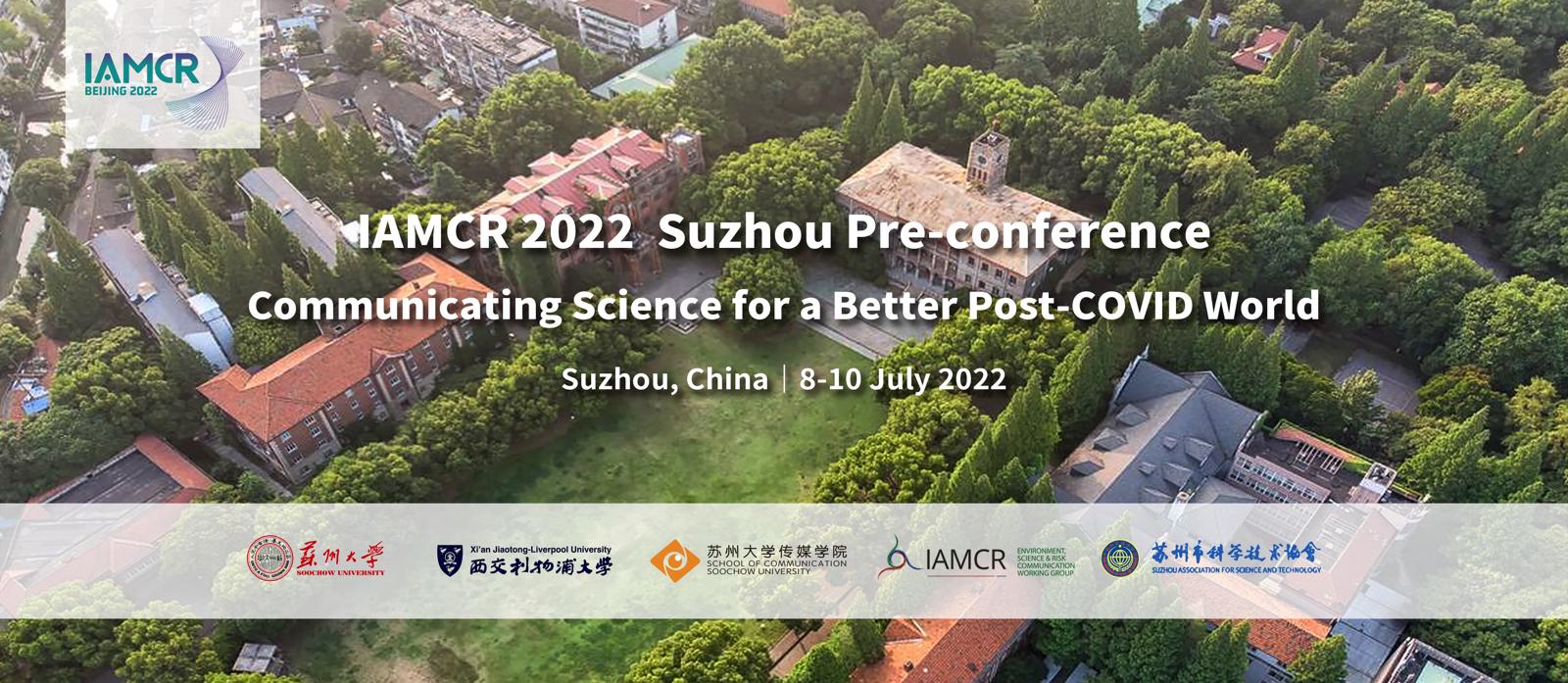Fake news has become a big threat to interpersonal trust, social stability, and even international relations. The rapid advancement of artificial intelligence technology has made it even harder for the public to confirm the authenticity of everyday news they read, hear, and watch on social media in this post-truth era. Now, the emergence of deepfake technology has created a more concerning situation that fabricated news videos look highly realistic and can be extremely hard to identify for human eyes.
We conducted a social experiment to test the effect of different methods of education on students questioning possibly forged media content by deepfake technology. 218 college students were randomly assigned into two experimental groups (Group A and B) and one control group (Group C). Each group occupied one classroom and was organized by two research assistants. All groups started and ended each session of the experiment at the same time following the instruction from the research supervisor.
During the pre-test, participants in all groups were asked to fill out the same questionnaire gathering their demographic information and evaluating their media literacy. The questionnaire also included three pairs of news videos. Each pair had one genre - politics, sports, and entertainment. In addition, one of the two videos in each pair was deepfaked.
All three groups ended the pre-test once every participant submitted his or her response. Then, those in Group A were instructed to remain seated and watch a 20-minute educational video introducing deepfake technology and its application. Simultaneously, those in Group B were instructed to first do some research on deepfake by themselves for 10 minutes, seek for answers to three given questions about deepfake, and then discuss their findings with people around them for another 10 minutes. As for Group C, the control group, participants were organized to watch a 20-minute video unrelated to deepfake, for the purpose to catch their attention and prevent them from searching or discussing questions in the pre-test or the experiment itself.
After the treatment, all three groups started the post-test together. In the post-test, participants were asked to complete the same questionnaire again, excluding demographic questions and those asked about their news consumption habits.
Based on 209 valid responses, we found that trust in news information value of participants in Group A went significantly down, along with their deep reading capability. As for those in Group B, their interpersonal trust significantly decreased but their deep reading and critical thinking ability went significantly up. Interestingly, media skepticism in the control group significantly decreased.
Thus, it is necessary to alert the public to the arrival and possible abuse of deepfake technology, in order to prevent them from being deceived and manipulated by those malevolent actors who create and disseminate deepfake news content. Direct education of deepfake can instantly increase the skepticism of the public. However, such a highly increased level of skepticism may lead to a crisis of confidence in media. More research results and discussion are to be included in the article.

 京公网安备 11010802039275号
京公网安备 11010802039275号